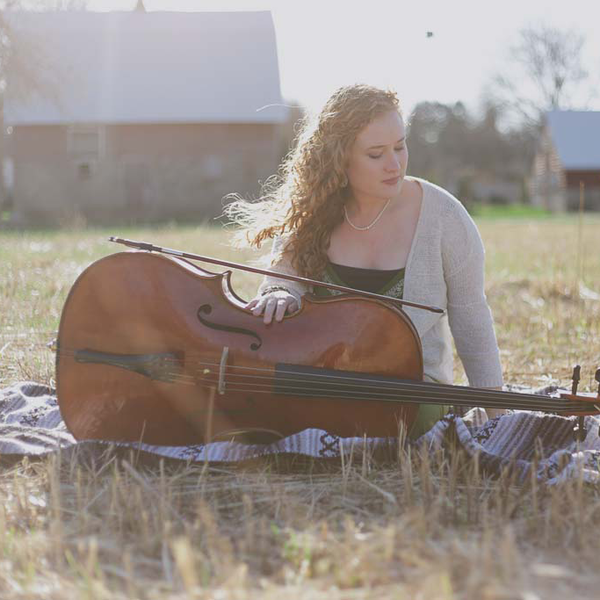Hannah Gallagher

Music Therapist
Performance (Cello), B.M. ‘13
Even though I did not enter into the field of music therapy until after my years at Biola, the knowledge I gained was immensely important. I received a high-quality music education, which allowed me to enter into the field of music therapy with confidence and ease. Now, I get an opportunity to serve marginalized individuals with music every day. I am able to walk alongside people, using music to decrease their anxiety, help them express their emotions, or simply give them a voice to be heard.
Q: How did your program at Biola prepare you for your career?
Biola gave me a strong music education, which now allows me to provide music therapy services to others with strong musical integrity. Even though I did not know what music therapy was during my time at Biola, this university shaped my thinking and my passions to be kingdom centered. We have been called to care for the sick, hurting, poor, and marginalized. I get to use my music skills I developed at Biola to provide music therapy to individuals from all walks of life.
Q: What did you appreciate most about your time at Biola?
I loved the community I built while at Biola. Being at Biola allowed me to make friends from all backgrounds and to appreciate all types of diversity. The friendships I built at Biola are still the strongest friendships I have to this day. We have walked through all seasons of life together and I am so grateful God orchestrated these incredible relationships.
Q: How did Biola equip you to be a more faithful follower of Jesus Christ?
Biola offered a place for me to question my faith, ask the hard questions, and lean into a community of believers when I didn't have the answers. The Biblical studies classes allowed me to delve deep into God's word and enjoy its richness. The conferences and chapel programs fed me spiritually and provided a way for me to learn to Sabbath and to grow in the love of Christ as I continued to be fed spiritually from my professors and friends.
Q: What advice would you give to students considering your degree program?
I have found music therapy to be the most rewarding job I have ever had. I get the opportunity to help individuals find their unique musical voice and a new way of communicating with others. As a music therapist, I get to address individuals goals using music in a therapeutic way. I get the opportunity to hear an individual sing new words for the first time, proving that this person can speak more than we thought. Utilizing music, I get to watch an individual with late-stage dementia open her eyes and slowly mouth the words to "Amazing Grace", giving us a glimpse into the person she was before dementia. I've been able to witness children with a cancer diagnosis write powerful fight songs with their music therapist in order to express the emotions they are working through as they stay at the hospital. God has given us an abundance of beauty in this world and music is one of those beautiful things. As a music therapist we get to share that music with the people we are called to serve.
Q: Are there any other aspects of your work that you would like to share about?
I presented my master's thesis at the 2017 American Music Therapy Association National Conference. My presentation was titled "Methods and Resources to Create a Culturally Sensitive Music Therapy Environment" and focused on cultural sensitivity within music therapy in order to provide music that is patient preferred and lines up with their cultural values.
